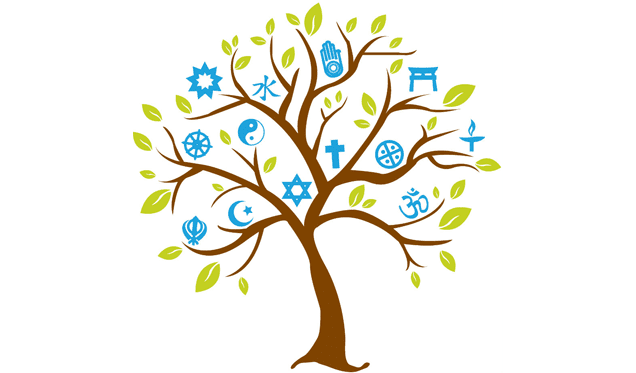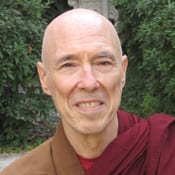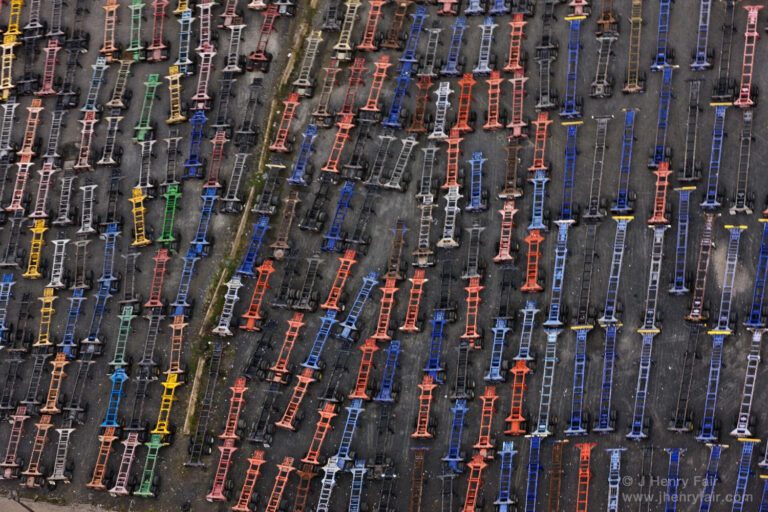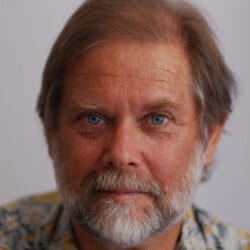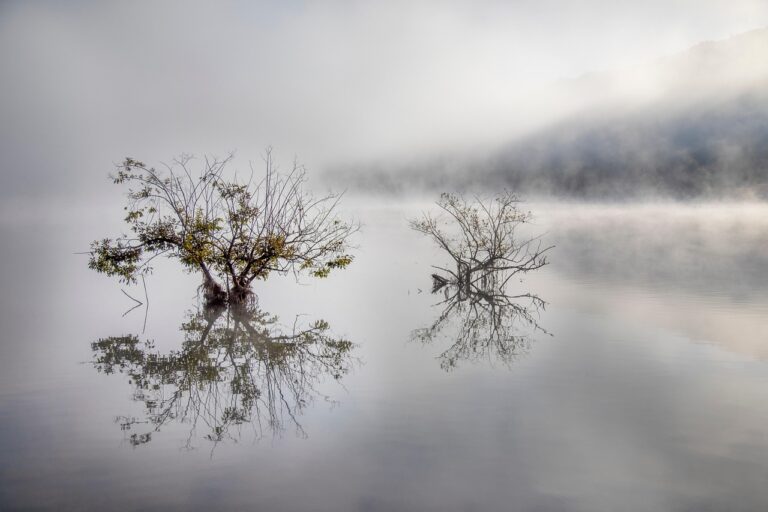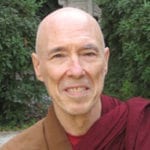On June 18, Pope Francis issued a papal encyclical pointing to climate change as the overriding moral issue of our time. The encyclical boldly proclaims that humanity’s capacity to alter the climate charges us with the gravest moral responsibility we have ever had to bear. Climate change affects everyone. The disruptions to the biosphere occurring today bind all peoples everywhere into a single human family, our fates inseparably intertwined. No one can escape the impact, no matter how remotely they may live from the bustling centers of industry and commerce. The responsibility for preserving the planet falls on everyone.
The future of human life on earth hangs in a delicate balance, and the window for effective action is rapidly closing. Tipping points and feedback loops threaten us as ominously as nuclear warheads.
What heightens the danger is our proclivity to apathy and denial. For this reason, we must begin tackling the crisis with an act of truth, by acknowledging that climate change is real and stems from human activity. On this, the science is clear, the consensus among climate scientists almost universal. The time for denial, skepticism, and delay is over.
Our carbon-based economies generate not only mountains of commodities but also heat waves and floods, rising seas and creeping deserts. The climate mirrors the state of our minds, reflecting back to us the choices we make at regional, national, and global levels. These choices, both collective and personal, are inescapably ethical. They are strung out between what is convenient and what is right. They determine who will live and who will die, which communities will flourish and which will perish. Ultimately they determine nothing less than whether human civilization itself will survive or collapse.
Since religions command the loyalty of billions, they must lead the way in the endeavor to combat climate change, using their ethical insights to mobilize their followers. As a nontheistic religion, Buddhism sees our moral commitments as stemming not from the decree of a Creator God but from our obligation to promote the true well-being of ourselves and others.
The Buddha traces all immoral conduct to three mental factors, which he calls the three unwholesome roots: greed, hatred, and delusion. Greed propels economies to voraciously consume fossil fuels in order to maximize profits, ravaging the finite resources of the earth and filling its sinks with toxic waste. Hatred underlies not only war and bigotry but also the callous indifference that allows us to consign billions of people to hunger, drought, and devastating floods without batting an eye. Delusion—self-deception and the deliberate deceiving of others—is reinforced by the falsehoods churned out by fossil-fuel interests to block remedial action.
We thus need to curb the influence of greed, hatred, and delusion on the operation of social systems. Policy formation must be motivated not by narrow self-interest but by a magnanimous spirit of generosity, compassion, and wisdom.
An economy premised on infinite expansion, geared toward endless production and consumption, has to be replaced by a steady-state economy governed by the principle of sufficiency, which gives priority to contentment, service to others, and inner fulfillment as the measure of the good life.
The moral tide of our age pushes us in two directions. One is to uplift the living standards of the billions mired in poverty, struggling each day to survive. The other is to preserve the integrity and sustaining capacity of the planet. A rapid transition to an economy powered by clean and renewable sources of energy, with transfers of the technology to developing countries, would enable us to accomplish both, to combine social justice with ecological sustainability.
At the very outset, we must start the transition by making highly specific national and global commitments to curb carbon emissions, and we must do so fast. The Conference of the Parties meeting in Paris this December has to show the way. The meeting must culminate in a climate accord that imposes truly rigorous, binding, and enforceable targets for emissions reductions. Pledges and promises alone won’t suffice: enforcement mechanisms are critical. And beyond a strong accord, we’ll need an international endeavor, undertaken with a compelling sense of urgency, to shift the global economy away from fossil fuels to clean sources of energy.
Pope Francis reminds us that climate change poses not only a policy challenge but also a call to the moral conscience. If we continue to burn fossil fuels to empower unbridled economic growth, the biosphere will be destabilized, resulting in unimaginable devastation, the deaths of many millions, failed states, and social chaos. Shifting to clean and renewable energy can reverse this trend, opening pathways to a steady-state economy that uplifts living standards for all. One way leads deeper into a culture of death; the other leads to a new culture of life. As climate change accelerates, the choice before us is becoming starker, and the need to choose wisely grows ever more urgent.
You can read our other article in support of the Pope’s encyclical from Buddhist teacher, Thanissara, “Praised Be!” – Affirming Pope Francis’ Message to the World.

